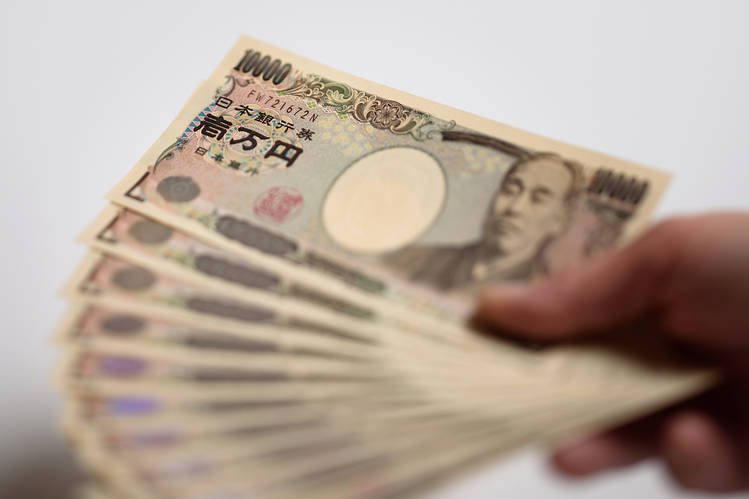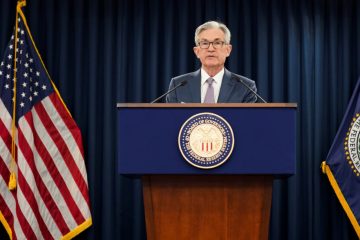Yen slides from 2-week high after BOJ sticks to stimulus

The yen retreated sharply from its highest point in nearly two weeks on Friday, after the Bank of Japan kept its ultra-easy policy unchanged, defying pressure from aggressive tightening at peers including the Federal Reserve and Swiss National Bank.
The dollar, meanwhile, clawed its way back from a one-week low against major peers, following a two-day slide after the Federal Reserve’s mid-week rate increase that, although the biggest since 1995, didn’t exceed market expectations.
The dollar index, which measures the currency against six peers including the yen, rose 0.69% to 104.35, after slipping to the lowest since June 10 at 103.41 overnight. It was at a two-decade high of 105.79 prior to the Fed decision.
The greenback was up 1.98% to 134.79 yen following a lot of volatility in the immediate aftermath of the BOJ’s decision.
That basically put the currency pair back to where it had ended on Wednesday.
National Australia Bank strategist Ray Attrill put the strength in dollar-yen on the day down to positioning.
“Because of the outside chance that the Bank of Japan would do something today, if you were sitting there long dollar-yen, the risk/reward from running that into the decision and being wrong warranted taking risk off the table,” he said.
“Now that that event risk is past, and the BOJ has stood pat, it’s entirely logical that we went back from whence we came,” adding he remained unconvinced the dollar has peaked.
On Wednesday, Fed Chair Jerome Powell said a 75 basis point increase seemed the appropriate policy action for that meeting, but that it wouldn’t be the norm. Even so, another increase of the same size is widely expected for next month’s meeting as well.
U.S. long-term yields, which bear a close correlation with the dollar-yen rate, were stable Friday, after dipping sharply during U.S. hours as investors worried that aggressive Fed tightening could trigger a recession.
“The slippage in U.S. yields and recession talk has undercut the DXY last couple days,” Westpac analysts wrote in a client note, referring to the dollar index. “DXY slippage can extend to 102 near term, but the broader bull trend is not done, not with another 75bp Fed hike on the table in July.”
Sterling slipped 0.5% to $1.2288, giving back a fraction of its 1.43% jump overnight, when the Bank of England decided to lift rates again, albeit by less than many in the market had expected, but gave hawkish signals on future policy action.
The euro slipped 0.3% to $1.0515, coming off a one-week high as it garnered support from the European Central Bank’s decision mid-week on fresh support to contain borrowing costs among southern nations.


